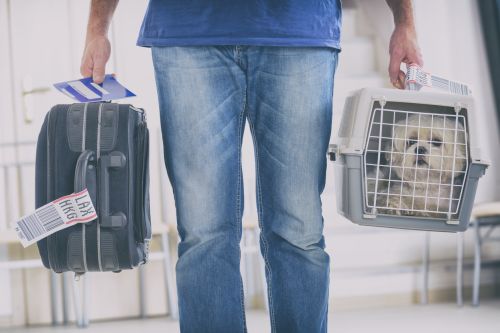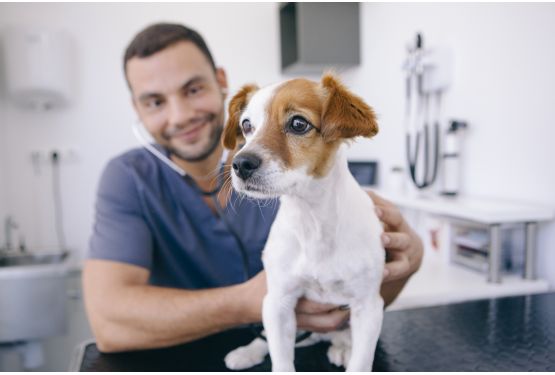The term “medical tourism” is firmly established in everyday life. Medical tourism implies a trip to another country in order to obtain medical care. Medical care may include a second opinion (consultation with the doctor), a check-up, and the treatment itself. The main reasons why patients prefer to get treatment abroad are affordable prices, more modern treatment methods that are not available in their country of residence, and the absence of waiting lists. The country's image also plays an important role in medical tourism. An example is France that attracts patients not only as a country with high-quality medicine at affordable prices but also as an excellent tourist destination.
Currently, the treatment of domestic animals abroad is gaining popularity, in other words, it may be called medical tourism for domestic animals. It is up to you to decide whether it is a whim or a real necessity.
Saving our pets
As you see, even such a complex industry as medical tourism also has its tendencies. For example, patients from the USA travel for medical purposes to European countries as prices for treatment are much lower there. Patients from the UK prefer to be treated in France, as there are no waiting lists. Patients from developing countries go abroad in search of a better quality of medicine and technologies that are more advanced. In addition, getting treatment abroad is prestigious, it guarantees confidentiality and gives the possibility to see the world.
Times change, and every year new trends appear. One such trend is medical tourism for animals. Back in 2017, a popular American portal introduced the readers to medical tourism for pets. However, this trend is not actually new as zoos and circuses have resorted to the help of foreign medical specialists since ancient times.
Currently, in the USA, there are special agencies that are engaged in the organization of consultations and treatment of domestic animals. Moreover, the pet owner can contact any health care provider and ask for help for his pet. Some people may consider this idea at least strange because even for a healthy animal the flight is very stressful and it implies many risks. However, customers for such services still exist...

Medical tourism for animals. Who uses this kind of service?
It's no secret that in many families, the four-legged friend is a full-fledged member of the family. Wealthy people are ready to spend a huge amount of money on their pets. Spending money can be reasonable (expensive feed, regular vaccinations, dog or even cat training ...) and not reasonable (luxury clothing and accessories, cat- or dogsitters, plastic surgery ...). For such pet owners, there will be no problem organizing a consultation with a foreign veterinarian in case of illness or for prevention. They also can afford to buy expensive medicine from abroad for their pets.
Medical tourism for pets is also of interest to those who have veterinary services of poor quality in their country. The same is applied to people and to medical tourism in general.
In developed countries, they took veterinarian medicine seriously, let alone treating people. A relation to animals determines the evolution and the level of society. For example, in developed countries, there are surgeries for dogs with arthrosis, during which gold implants reducing arterial pain are inserted. There are ultrasound and MRI devices and other modern medical equipment in veterinary clinics.
The fear of losing the pet makes the owner do his utmost to save his four-legged member of the family. He is even ready to take him to another country. Many owners lose confidence in their veterinarians after their medical errors that led to the loss of the pet. We may often see how desperate owners run from one veterinary clinic to another to understand what exactly is happening with their pet. In each clinic, they get conflicting information. Everything is just like that with people - the more corruption thrives in the country, the less you can rely on the opinion of a specialist and his professional skills. All you have to do is just to run from one doctor to another. In developed European countries, such cases are extremely rare.
Before taking your pet abroad, consider whether your decision is well thought out. If the animal is racking with pain and has the last stage of the disease, then the transportation to another country will only aggravate the situation. In some cases, a rational decision is a remote consultation with a foreign veterinarian and the acquisition of foreign medications. Each case must be considered individually.
In your opinion, is medical tourism for pets a waste of money and time or a great idea?





